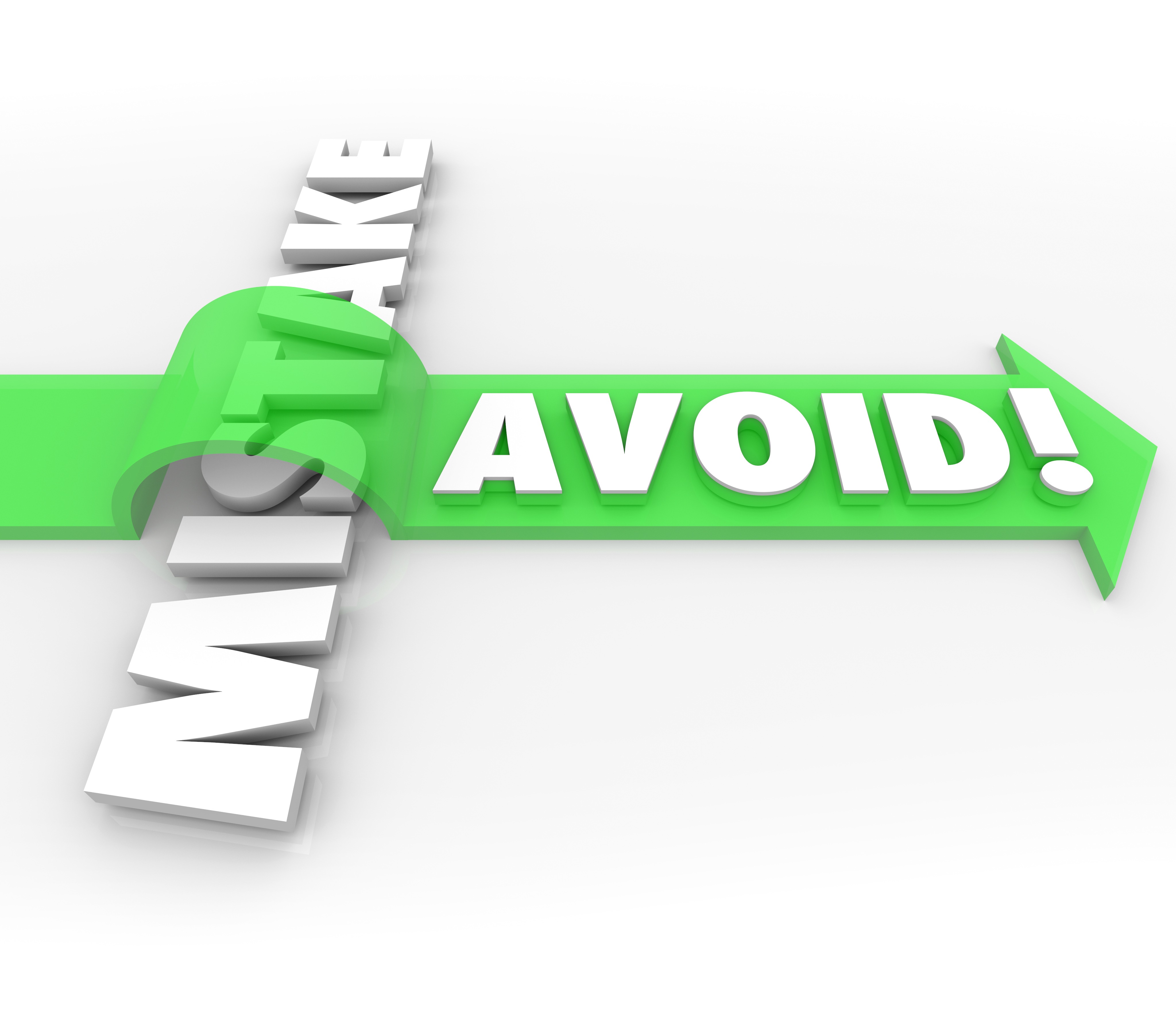Homeowners may have a variety of reasons for wanting to sell their homes, such as the need for more space or a longing to live in a different neighborhood. Whatever your reason is for putting your house up for sale, it's really important to think about what might make your home more appealing to potential buyers, and how to sidestep any pitfalls. Here's a friendly guide with ten things to avoid when selling your home.
1. Ignoring Maintenance
If you're thinking of listing your house for sale without performing significant repairs such as fixing a worn-out HVAC system or strengthening a shaky foundation, you might encounter a few hiccups. Selling your home just as it is could potentially lead buyers to think there might be other hidden issues inside the house that aren't immediately visible. This could encourage some of them to look at other properties. Also, if you do attract a buyer for a house that evidently needs some work, your selling price might be quite a bit less than if the house had been spruced up before being put on the market. Just keep in mind, a buyer could request to have any issues found during a pre-sale home inspection fixed. However, smaller issues such as scuff marks on walls may not necessarily require attention or they can be factored into the contract negotiations.
2. Setting Too High a Price for Your Home
Choosing a price for your home is an important step. If you opt for a higher price, it might affect how quickly and easily you're able to make a sale. Sometimes, potential buyers might feel the price is a bit steep, which could result in your lovely home spending a bit more time on the market. The longer it's up for sale, the more potential buyers might wonder if there's a reason it hasn't been snapped up yet. Putting a high price tag on your home could also lead potential buyers to look at other similar homes that fit their budget a bit better. So, in a nutshell, if your home is priced a little high, it might not attract as many interested buyers.
3. Not Staging Your Home Properly
Home staging is like giving your home a little makeover to make it look appealing to those who might be interested in buying it. This can be as simple as giving your living room a new splash of paint, putting new carpet in the master bedroom, or just adding new bed linens and cute throw pillows here and there. If you're thinking about hiring a professional home stager, the cost can vary. HomeAdvisor says it usually ranges between $749 and $2,825. But, it might be a smart move to invest in home staging. A survey from the Real Estate Staging Association in 2020 found that about 85% of homes that are staged get sold for a price that's 5% to 23% higher than the asking price. Plus, staged homes typically don't stay on the market as long as homes that aren't staged.
4. Disregarding Curb Appeal
Don't forget to appreciate the beauty of your home's exterior, it could come with some benefits! 'Curb appeal' is a phrase we use to describe how attractive a house looks from the outside. This is not only important for people passing by but also for potential buyers checking out your property online or in person. The curb appeal takes into account visual elements such as pretty landscaping, a well-maintained roof, an inviting front door, and a neat driveway. A study conducted by the Journal of Real Estate Finance and Economics reveals that a good curb appeal could potentially increase your home's selling price by up to 7%.
5. Avoiding Property Viewings
Letting potential buyers stroll around your home might be a bit of a hassle, but it's really important. By offering these interested individuals an opportunity to explore your lovely home— even if it means leaving your home at a sudden notice— you boost the chances of meeting a buyer who is ready to quickly purchase your home at a fair price.
6. Ignoring the Mess
Hey there! It's totally okay if you're the type to have clothes laid out around your room or stacks of old magazines in your workspace, but when it comes to potential homebuyers, they might prefer a more tidy atmosphere. Remember, we're inviting folks, most of whom we don't know, into your home. So, let's aim to present it in the most attractive way possible. One of the first things we can do is focus on decluttering. This could be as simple as picking up the kiddos' toys, organizing your kitchen gadgets, or sprucing up the garage. These little changes can make a huge difference and might even help you secure a better offer for your home. Actually, did you know that decluttering is one of the top tips real estate agents give to home sellers? The National Association of Realtors even recommends it! Plus, according to a HomeLight survey, real estate agents found that decluttering could boost your home's resale value by a whopping 432%! So, let's roll up our sleeves and get to it!
7. Displaying Excessive Personal Belongings
Imagine this: a potential buyer is picturing themselves living in your lovely home. But, if they see Jimmy's graduation photos hanging on the wall or your treasured figurine collection in the display cabinet, it might be a bit challenging for them to picture your place as their future home. So, before you put your home up for sale, it could be helpful to reduce the display of personal items a bit. Maybe consider storing away some things like cuddly toys, religious symbols, keepsakes, and unique artworks for a while. Don't worry, your home will still retain its charm, it will just come across as more neutral, but never dull!
8. Overlooking Unpleasant Smells
If your home has a scent that's less pleasing, it may be challenging for a potential buyer to see its true value. Some aromas that might not be appealing to visitors include the odor of garbage, pet smells, an unclean garbage disposal, or the lingering scent of tobacco smoke. These and other uninviting smells might cause a potential buyer to cut short their visit to your home and reconsider including your home in their wish list.
9. Avoiding hiring an Agent
Many homeowners believe that selling their property on their own can save them some money by avoiding agent fees. But, this approach might not always bring the best results. In fact, in 2021, houses sold directly by owners, also known as For-Sale-By-Owner (FSBO) homes, averaged a selling price of $260,000, according to a study by the National Association of Realtors. This price is a good bit lower, over 18% in fact, than the average price of $318,000 for homes sold with a little help from a real estate agent. And here's an interesting fact - the same study showed that a whopping 90% of home sellers in 2021 teamed up with a real estate agent, while only a tiny 7% gave the FSBO method a go.
10. Refusing to Compromise on Cost
Absolutely! It would be fantastic to secure a purchase offer that's 20% above the listing price, but that might not always be possible. There might be instances where you need to lower the asking price a bit to appeal to a buyer. The process of buying a home often involves a fair bit of back-and-forth negotiation with offers and counteroffers. If you're not open to tweaking the price a little, you may risk missing a potential deal and your lovely home could end up staying on the market for a longer time. But don't forget, you might have the opportunity to negotiate certain perks from a buyer in exchange for a lower price. This could translate into having more time to move out or even paying less in closing costs.
The Final Conclusion
Selling a house is a journey that calls for smarts, a bit of elbow grease, tranquility, and tenacity. To make things smoother, steer clear of typical missteps like overlooking significant repairs and not giving enough attention to the charm of your house's exterior. Sticking to tried and tested advice could possibly shorten the time it takes to find your house a new owner, and who knows, might even boost your earnings.



